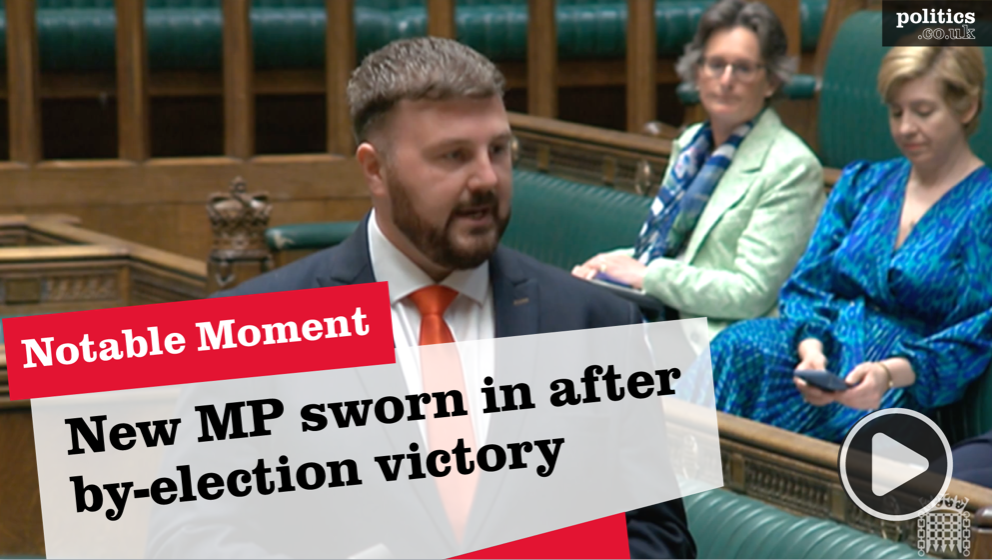Landmark case against disability abortion law to be heard by Court of Appeal
The Court of Appeal has announced that it will be hearing a landmark case against the UK Government over the current discriminatory abortion law that allows abortion up to birth for Down’s syndrome.
Heidi Crowter, a 26-year-old woman from Coventry who has Down’s syndrome, together with Máire Lea-Wilson from Brentford, West London, whose two-year-old son Aidan has Down’s syndrome, is challenging the UK Government over a disability clause in the current law.
Máire Lea-Wilson was placed under pressure to have an abortion when a 34-week scan revealed her son had Down’s syndrome.
Over £125,000 has been crowdfunded for the case.
Currently in England, Wales and Scotland, there is a general 24-week time limit for abortion, but if the baby has a disability, including Down’s syndrome, cleft lip and club foot, abortion is legal right up to birth.
The UN Committee on the Rights of Persons with Disabilities has criticised countries that provide for abortion on the basis of disability.
The Committee on the Rights of Persons with Disabilities’ concluding observations on the initial report of the United Kingdom of Great Britain and Northern Ireland made a key recommendation that the UK change its abortion law so that it does not single out babies with disabilities.
Polling has shown that the majority of people in England, Wales and Scotland feel that disability should not be a grounds for abortion at all, with only one in three people thinking it is acceptable to ban abortion for gender or race but allow it for disability.
Heidi Crowter said in light of the Court’s decision: “The law says that babies shouldn’t be aborted up to birth, but if a baby is found to have Down’s syndrome, it can be aborted up until birth. This is the current law in the UK and I think it’s not fair.
“People like me are considered to be ‘seriously handicapped’, but I think using that phrase for a clause in abortion law is so out of date.”
Lynn Murray, spokesperson for Don’t Screen Us Out and mother of Rachel who has Down’s syndrome, said: “By stating that disability is grounds for termination, section 1(1)(d) of the Abortion Act, promotes inequality.
“The provision in the Abortion Act harks back to a time when we thought it was better for people with disabilities not to be part of our society. We’re a far more progressive society now, we realise that diversity is healthy, and all of our laws should reflect that,” she went on.










